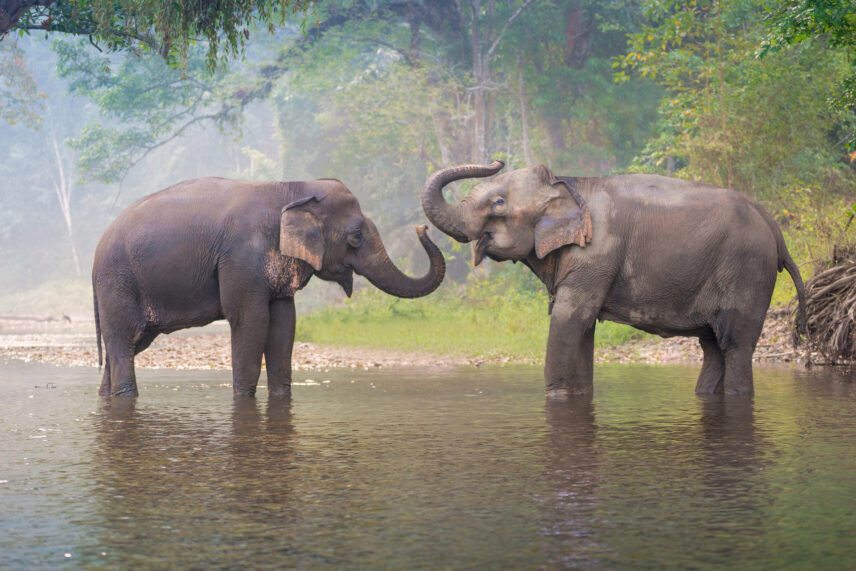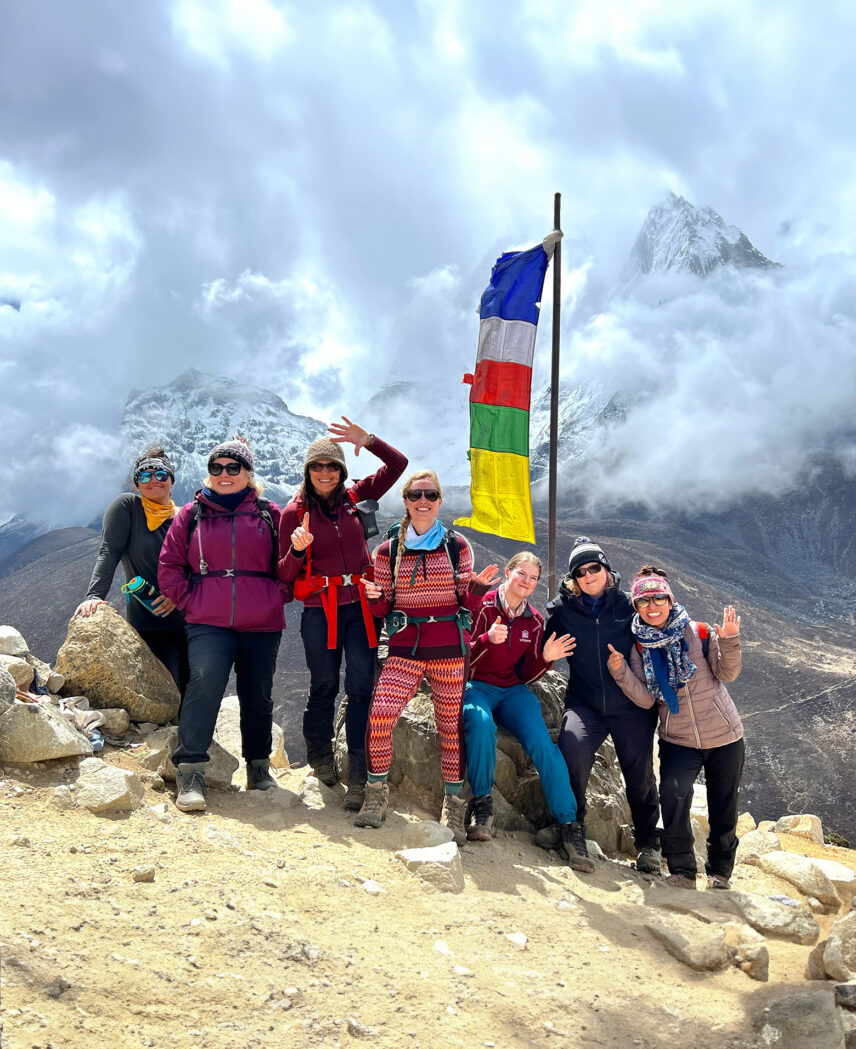National Wildlife Day is a wild one indeed. It was founded by a woman and is celebrated on two days—September 4th and February 22nd in an attempt to double the awareness of endangered species globally. Animal behaviorist and philanthropist Colleen Paige established the day in 2005 and the February date was added to honor both the legacy and birthday of Wildlife Warrior, Steve Irwin.
While the emphasis of the day revolves around animal conservation, it also acknowledges the integral role that zoos and sanctuaries play in the health of threatened species. When Dr. Jane Goodall founded her Roots & Shoots program over 30 years ago, she realized that focusing on chimpanzee research alone was not the solution to their survival. She understood that there was a distinct balance between biodiversity loss, environmental inequity and climate change. Local communities had to be involved and understand that balance between animals, people and the environment is required to make any progress.
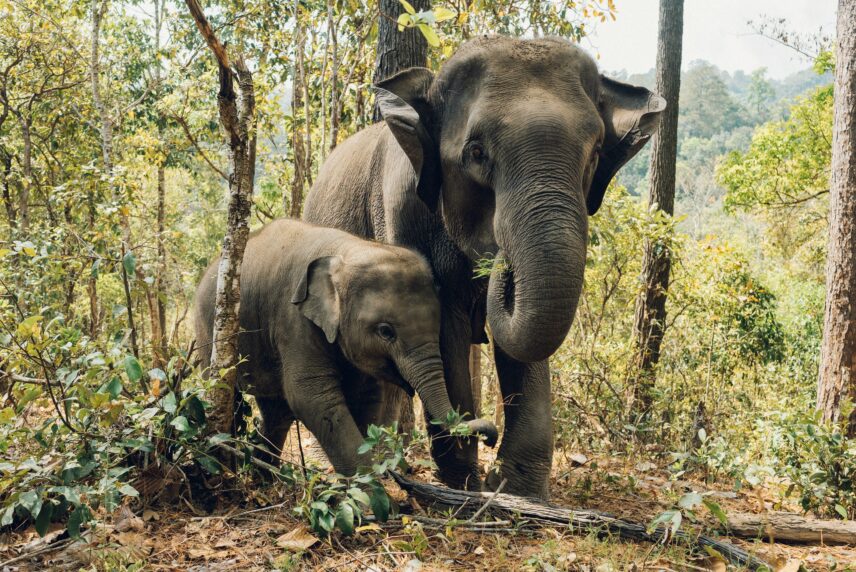
We may have all been guilty of supporting wildlife tourism inappropriately, sometimes unknowingly. Whether it’s applauding a dolphin show at a marine mammal theme park or posing for a photo with an iguana wearing sunglasses on the beach. Maybe it was attending a circus long ago with a caged tiger or bear who rode a unicycle. Maybe it was as innocent as bathing an elephant in a river in Thailand.
Just because you can sign up for intimate wildlife encounters doesn’t make them acceptable. There are ethical companies that respectfully organize whale watching excursions and game drives in the Serengeti but there are also renegades who will bait wild dolphins, bring puffins onto tour buses and flush out hiding cheetahs to thrill their group and perhaps earn a more handsome tip in doing so.
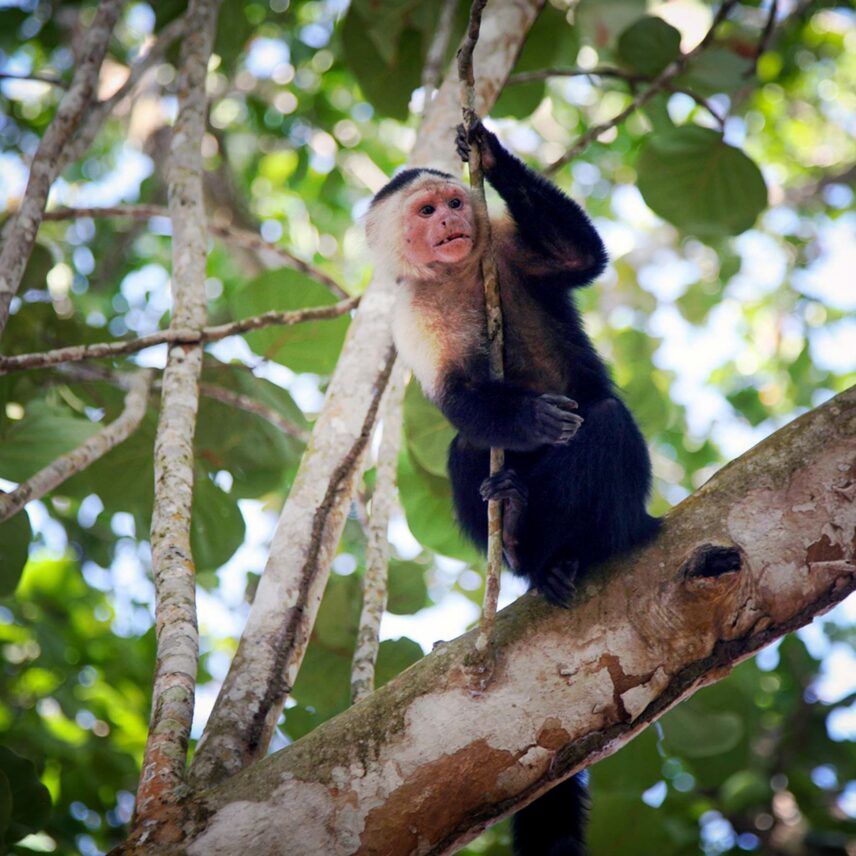
Animal attractions, especially elephants, have led to tourist swarms in Chiang Mai, Thailand. Here, at the roadside zoo known as Monkey School, macaques are trained to play basketball, ride tricycles and cutely pose with twirling parasols on their shoulders. Wildlife tourism is lucrative but not sustainable or designed to consider the welfare of the animals involved, captive or wild. As influencers pose with young sloths, hug turtles while snorkelling or ride tortoises in sanctuaries for a gag, the importance of National Wildlife Day compounds.
Paige is also the founder of National Dog Day and National Cat Day to bring public awareness to the plight of wild and domestic animals around the world. She has worked tirelessly to rehabilitate injured and abused wildlife, including bears, tigers, elephants, wolves and bobcats.
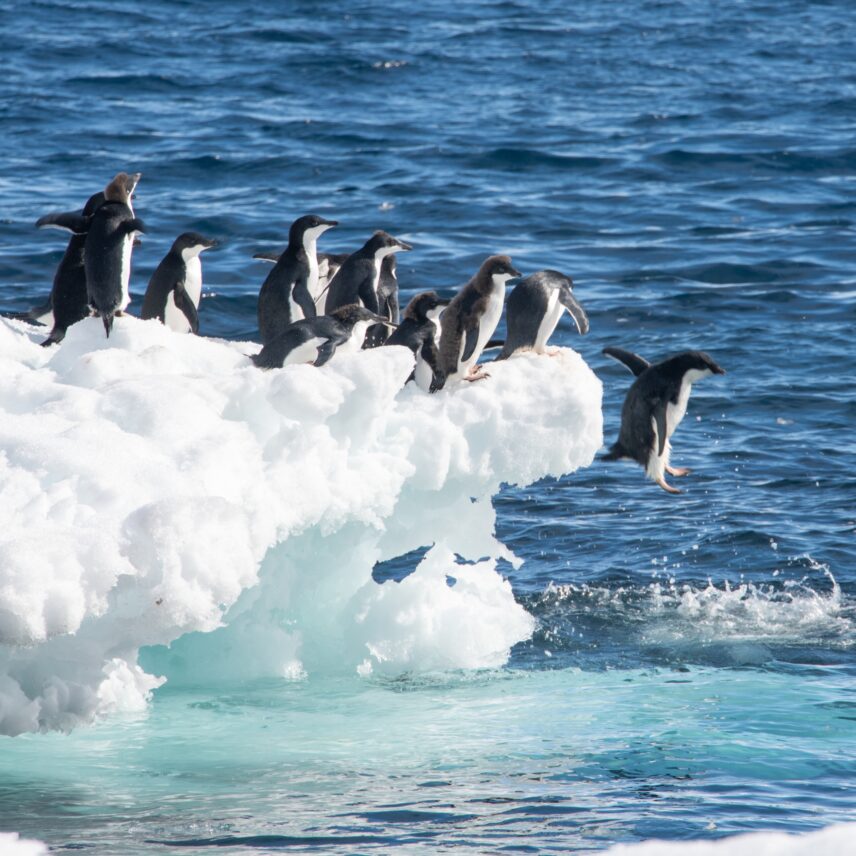
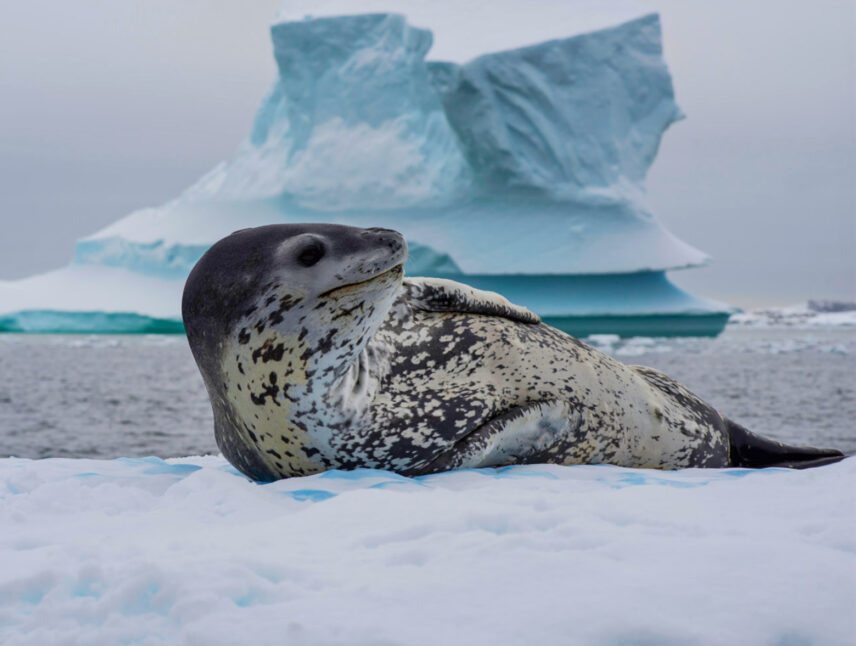
So, how can you celebrate National Wildlife Day in a meaningful way?
Learn more about the proposed Jane Goodall Act, which hopes to establish new protections for captive animals like big cats, bears, walruses, sea lions and seals, certain monkey species and reptiles, including giant constricting and venomous snakes and crocodiles. The Jane Goodall Act supports phasing out elephant captivity in Canada and provides enhanced protections for Great Apes.
Read about Sandra, the orangutan who spent 20 years in an Argentine zoo before being granted the same legal rights as a human and moved to a US sanctuary. The landmark case proved that she was being detained in Buenos Aires illegally.
Watch Blackfish, a moving documentary about the life of Tilikum, an orca captured in 1983 off the coast of Iceland. Tilikum was involved in the deaths of three people (two were trainers), raising concern about the price of public entertainment and the stress on animals involved in SeaWorld performances.
Is there a local animal sanctuary or wildlife rescue center near you? Are they seeking volunteers or donations? Whether it’s a charitable bequest, providing assistance as a turtle taxi driver (there is such a thing to help transport injured turtles to rescue centers) or serving as an ambassador, extra hands are always welcome.
Ensure that when you travel, your impact is beneficial and that the adventure travel company you choose is ethically sound and involved in projects that benefit and educate about species at risk.
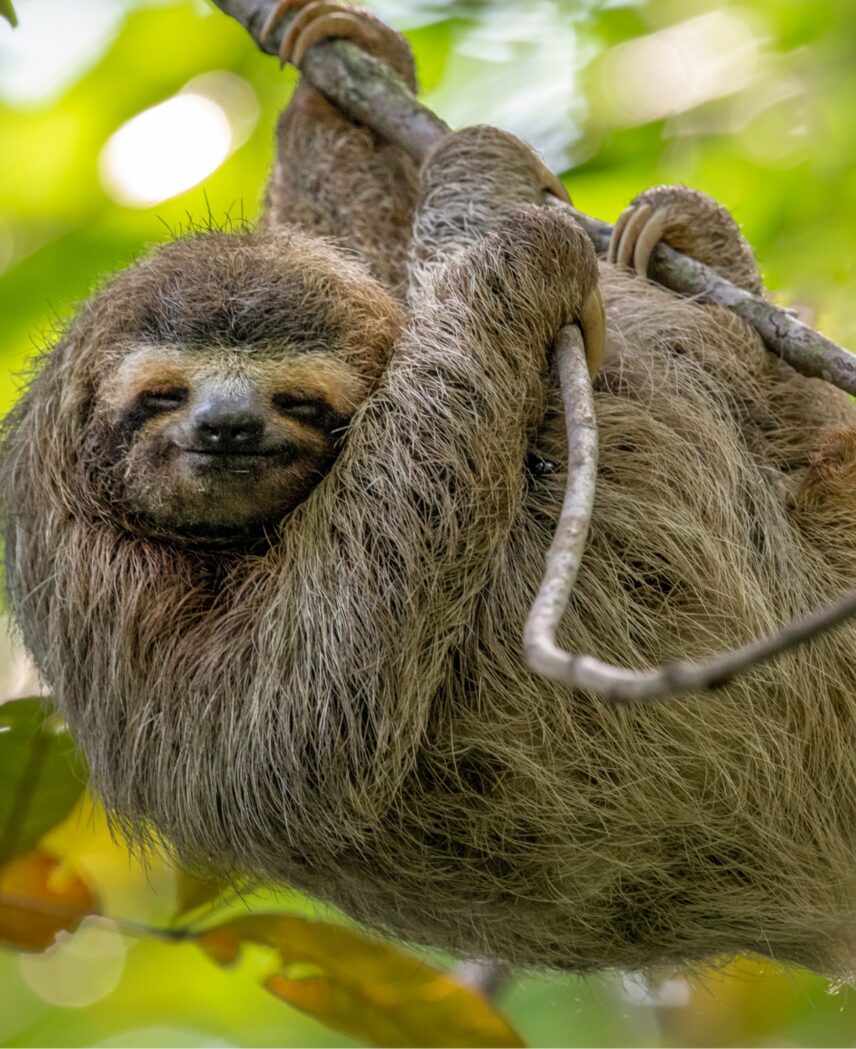
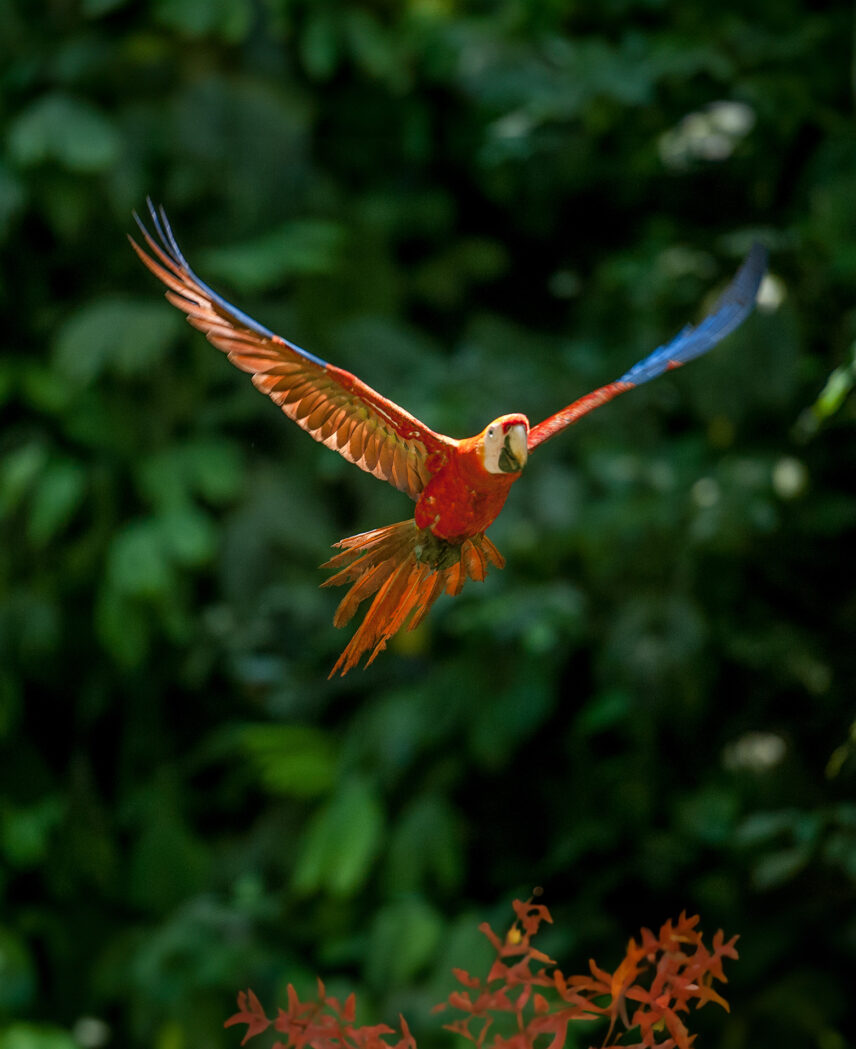
Check out Wild Women’s Most Wildlife-Friendly Destinations!
Costa Rica Explorer
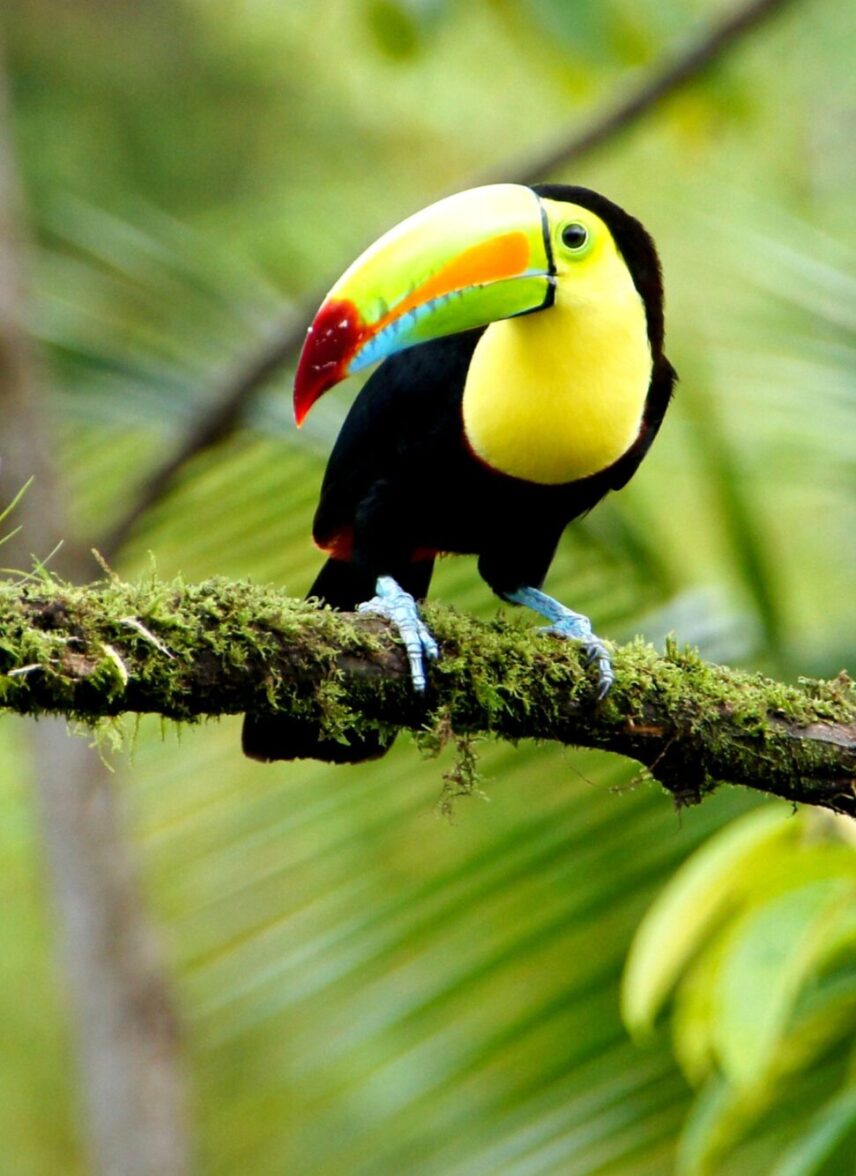
Visit the Proyecto Asis Costa Rica Wildlife Sanctuary to learn more about the rescue center’s commitment to local environmental, social and conservation projects. You will have the opportunity to contribute some light sweat equity and assist with daily chores that are an integral part of the rhythm of the rescue center. At Proyecto Asis, our Wild Women group helps prep meals and enrichment toys for the wildlife in their care as we learn about their specific dietary needs and routines. There are no sloths in captivity at the center, but they do live in the natural habitat of its small reserve.
Northern Thailand Active Adventure
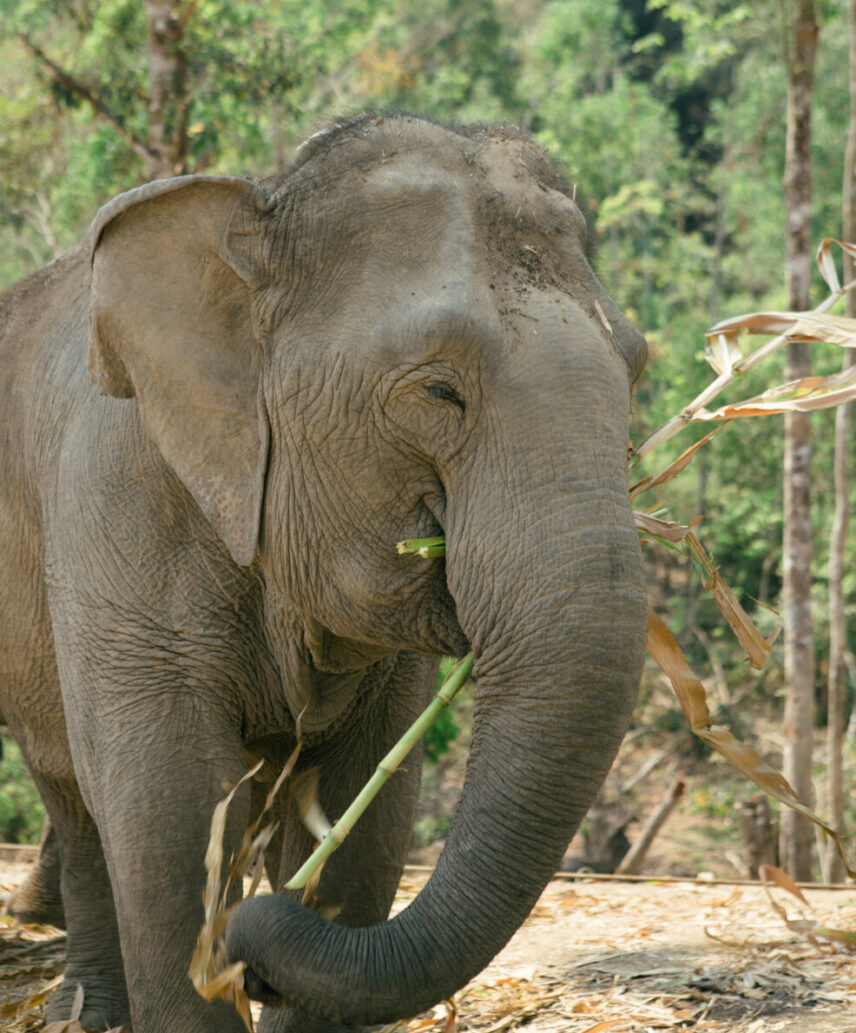
Meet the mahouts and four magnificent Asian elephants of ChangChill during a private tour. Supakorn Tananseth, the owner of ChangChill, comes from a family that has worked with elephants for several generations. Here, his wish was to provide his elephants with better, ethically sound living conditions by offering a 100% touch-free elephant experience. ChangChill’s resident elephants have a more natural, free-roaming life where they can bathe, graze and socialize with each other, versus with humans. Learn about pachyderm personalities and behaviour before joining a mahout on a short forest walk. Back at the pavilion, we can help feed the elephants (this is a touch-free experience) and learn how to make a simple medicine and supplement for the elephants. You can read about Wild Women CEO Jennifer Haddow and her decision to support better elephant tourism in Thailand here.
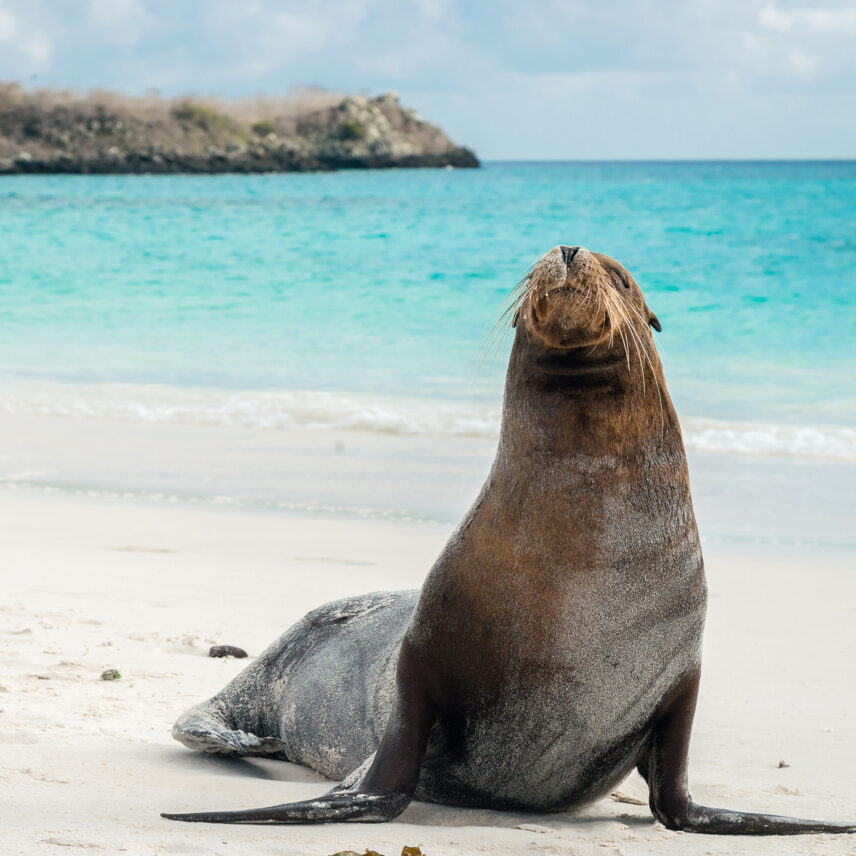
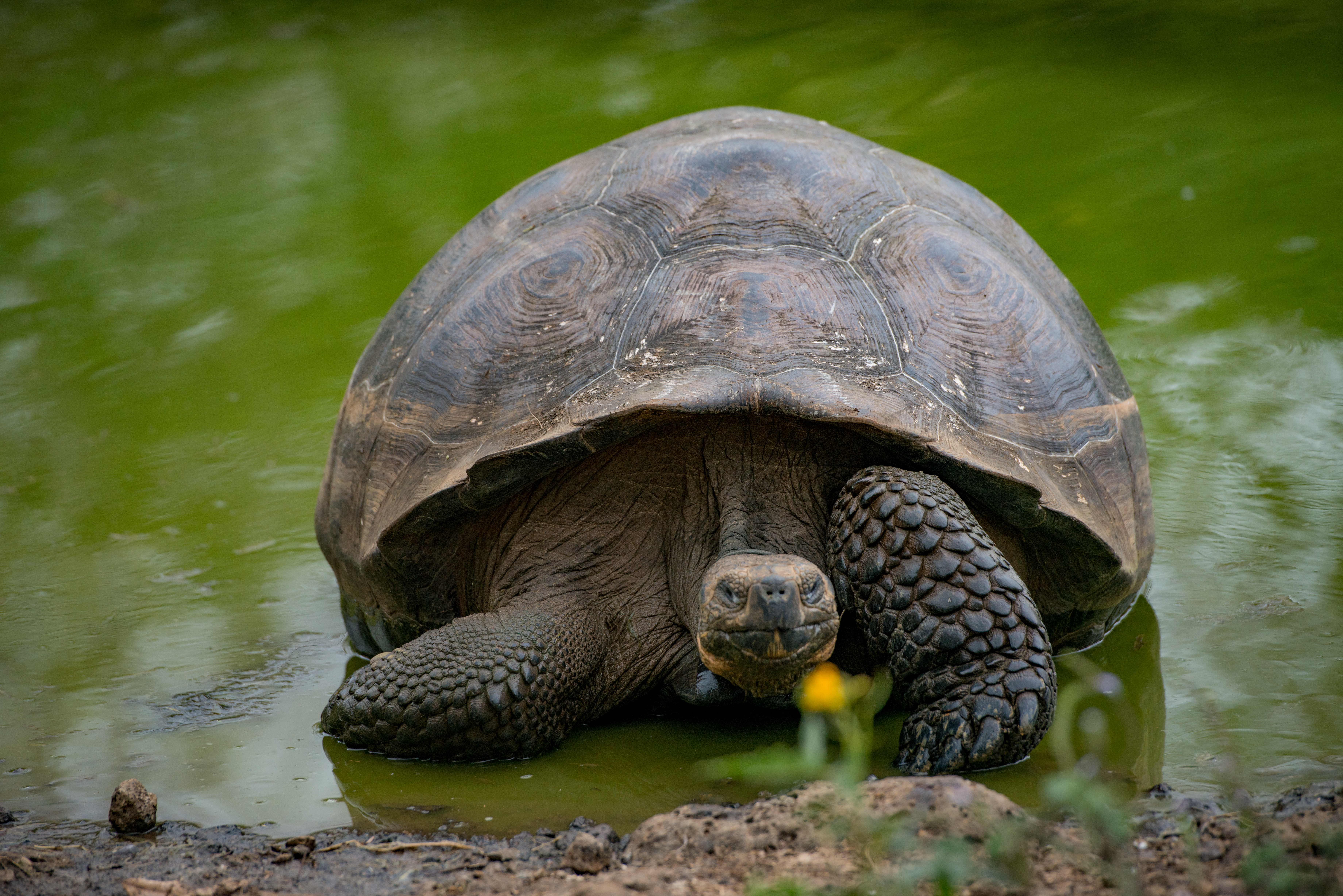
Galapagos Islands Active Adventure
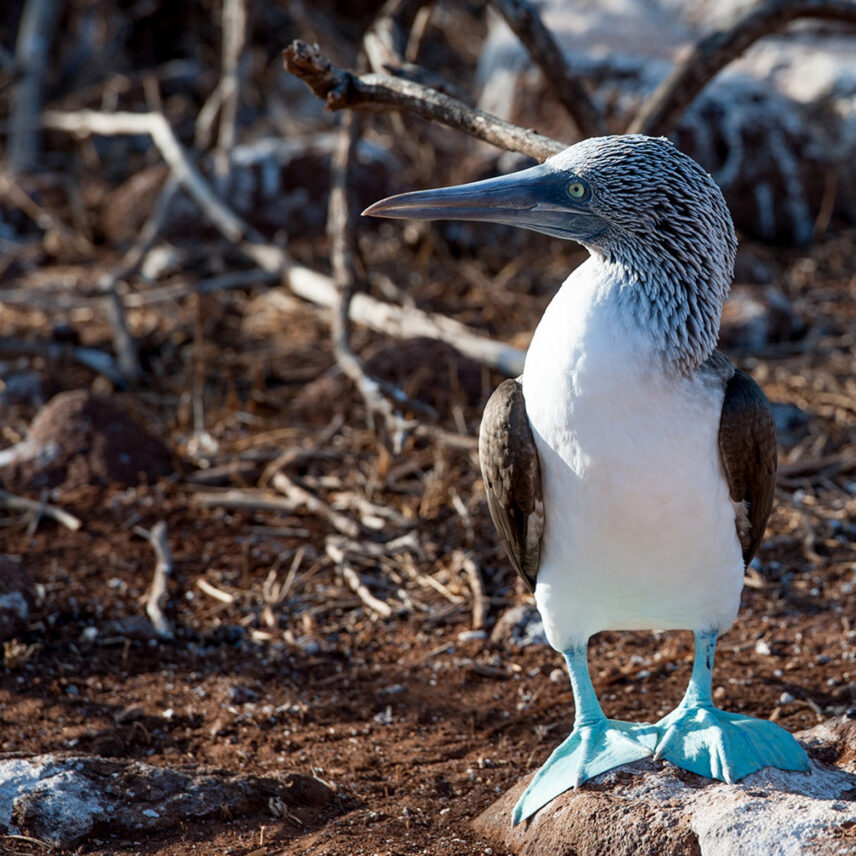
At a sanctuary in the Santa Cruz Highlands, witness the marvel (and antics) of the free-roaming tortoises, especially if they’re having a “spa day.” They can be easily found submerged in muddy ponds to help combat skin parasites and regulate their body temperature on blistering hot days.
On Isabela Island, you can visit the dynamic Tortoise Breeding Center. This national park initiative focuses on conservation programs, breeding Isabela’s tortoises and rewilding efforts.
Antarctica
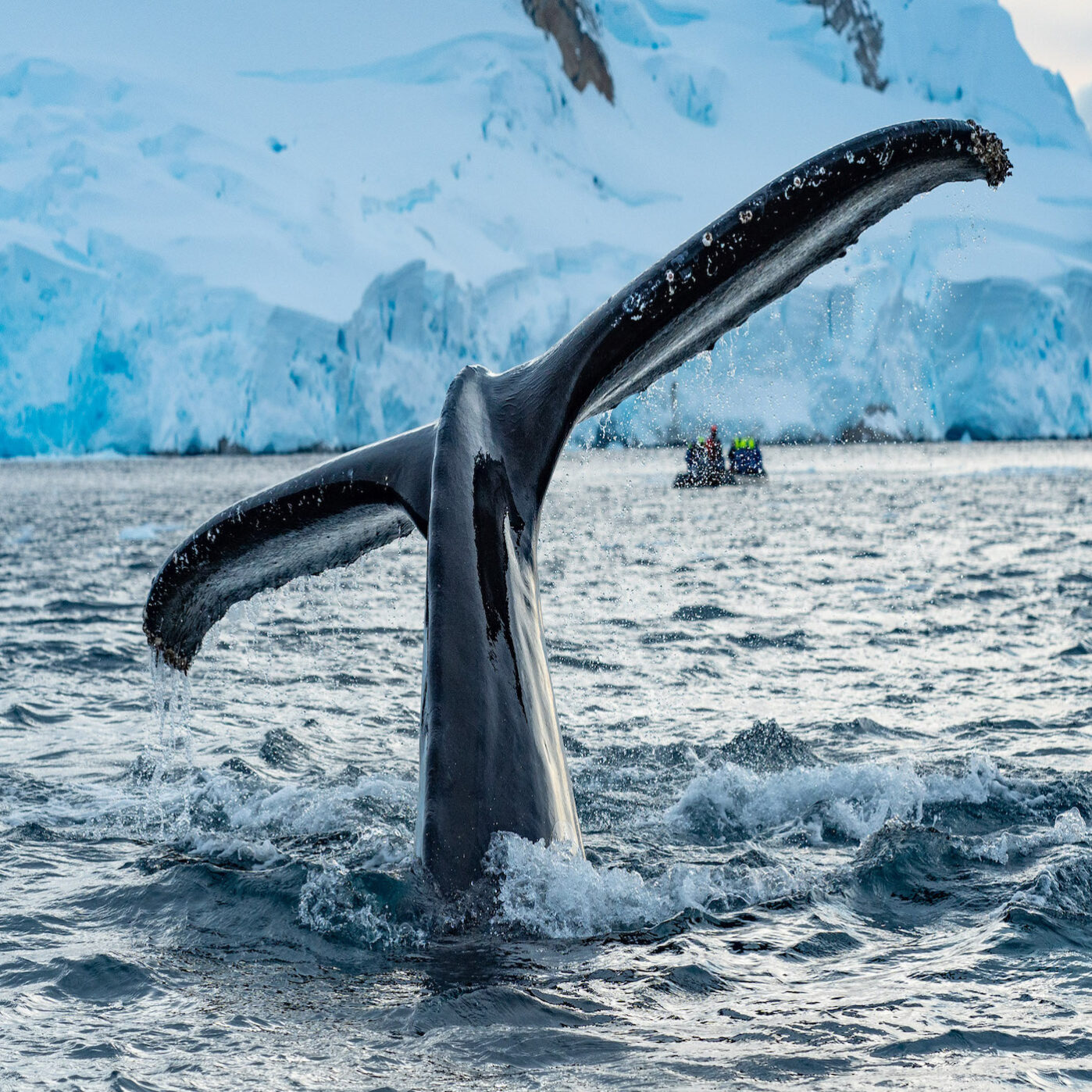
The biodiversity, density and abundance of Antarctica is unmatched. Expect to see three species of penguins (Adelie, Gentoo and chinstrap) in the dozens (if not hundreds), as well as large marine mammals like humpback whales and leopard seals on our small ship expedition. There are no terrestrial predators on this continent which allows for close but respectable encounters with wildlife. There are set limits, strict wildlife guidelines, and etiquette that consider the health of certain species that may be susceptible to avian influenza and other disease transference. On the Ocean Explorer, you’ll be travelling in the company of an Expedition Team, which includes wildlife behaviour experts, marine biologists and birders, offering engaging workshops at sea and educational Zodiac excursions. On some departures, there may be the opportunity to participate in a Citizen Science program and help collect and record data under the supervision of a researcher.
Don’t forget, the quickest way to celebrate and immerse yourself in National Wildlife Day is to take a long walk, wherever you are.
